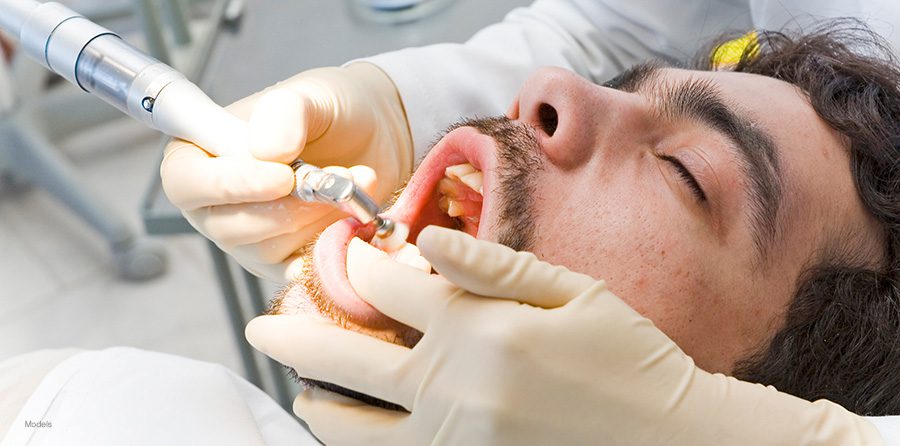Adults and children with special needs require compassionate dental providers who pay careful attention to their level of fear and can help them feel comfortable enough to comply with exams and treatment.

This patient population does not mature in the same way as neurotypical individuals, and they will continue to need special care beyond childhood.
Some patients who require a higher degree of calming measures have the following conditions:
- Autism
- Down syndrome
- Post-traumatic stress disorder
- Mental illness
- Other developmental disorders
Developmentally disabled adults may experience serious oral health problems due to poor dental hygiene habits and severe orthodontic issues caused by maxillofacial birth defects.
Receiving effective treatment is as important for them as it is for anyone else.
Top 5 Benefits of Sedation Dentistry for Special Needs Patients
The right sedation and pain intervention techniques can make all the difference in the results special needs patients achieve for the following reasons:
- Sedation allows these patients a more positive dental care experience.
- A relaxed patient can better comply with the dentist’s instructions.
- When needed, extensive dental procedures can more easily be performed under sedation.
- Dental problems can cause pain and exacerbate other issues — sedation may be necessary to alleviate discomfort.
- Sedation may be needed to ensure proper oral health, which is essential to support overall well-being and gum disease can intensify systemic conditions.
Types of Dental Sedation
Oral Sedation Via Medication
Oral sedation via medication is taken about an hour before a dental procedure. While the patient is awake, they are calmer and less aware of the procedure and their surroundings. This can result in a much more comfortable and pleasant dental visit.
For Caregivers of Special Needs Adults and Sedation Dentistry
Dental sedation patients must be driven to and from their appointments and should be carefully monitored for a few hours after their visit.
To help prevent nausea when eating and drinking after sedation, begin with a small amount of clear liquids and slowly include broth-based soups. If the patient feels well, bland solid foods can be consumed. Avoiding dairy products for 24 hours after sedation.
Special Needs Patients and Sedation Dentistry in Chicago, IL
Dr. Vladimir Fedin provides sedation dentistry and has experience with a wide range of special needs adults. Dr. Fedin’s calming chairside manner, combined with the safe and effective sedation options he offers, can ease the minds of his special needs patients and their caregivers alike.
Call our Chicago sedation dentist by calling (312) 626-9223 today!
Dr. Fedin uses Waterlase® for added comfort and significantly reduced healing time.
